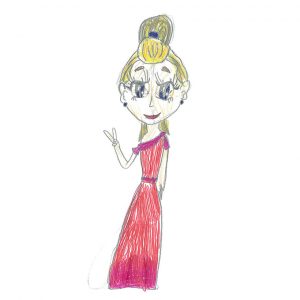About Miss Walsh's Class

Year 4 + Year 5
Ages 8 to 10
Mrs Guttridge
In Miss Walsh’s class, your child will be assessed using the ‘NFER’ tests, so that we can get a scaled score – this allows progress to be quantified towards KS2 SATS. ‘NFER’ tests have been created, so that children in all Primary year groups can be monitored for progress. They will complete summative assessments a minimum of twice each year and they will be formatively assessed daily using teacher judgement.
You can play an important part in your child’s success at Key Stage 2 by taking an active part in their education and giving them support and encouragement.
Reading in Miss Walsh's Class
Children who are ‘free readers’ can utilise our new school library to enhance their love of reading non-fiction, poetry and stories. Children are given a reading diary, so that their independent reading, at home, can be tracked and monitored – providing a vital link between home and school.
Miss Walsh’s class still follow, amongst others, the ‘Oxford Reading Tree Reading Scheme’. Oxford Reading Tree is a well-established and popular reading scheme which is highly successful at supporting the teaching of reading. The stories are carefully written using simple, natural sounding language that the children can understand. This can be used to provide an appropriate reading challenge for those children who are not yet ‘free readers’.
All children read to an adult on a weekly basis to inform teacher judgement and ensure an appropriate level of challenge and variety.
Useful Resources:
Our reading scheme books can be found on the Oxford University Press website.
You can also visit the BBC.co.uk website for 'Bitesize' Key Stage 2 games that are relevant to Miss Walsh's class curriculum.
Science & Maths in Miss Walsh's Class
Miss Walsh’s class follow the ‘Abacus Primary Maths Scheme’. We have a ‘hands on’ learning approach and try to make maths lessons as practical as possible. The scheme includes a wide variety of online resources and interactive games to encourage participation, promote engagement and enhance the love of learning.
We use ‘Rising Stars’ materials to enhance our teaching and learning in science – linking our science work to our topics where possible. Again, science lessons are hands on and practical. Science lessons are taught weekly, predominantly in the afternoon.
